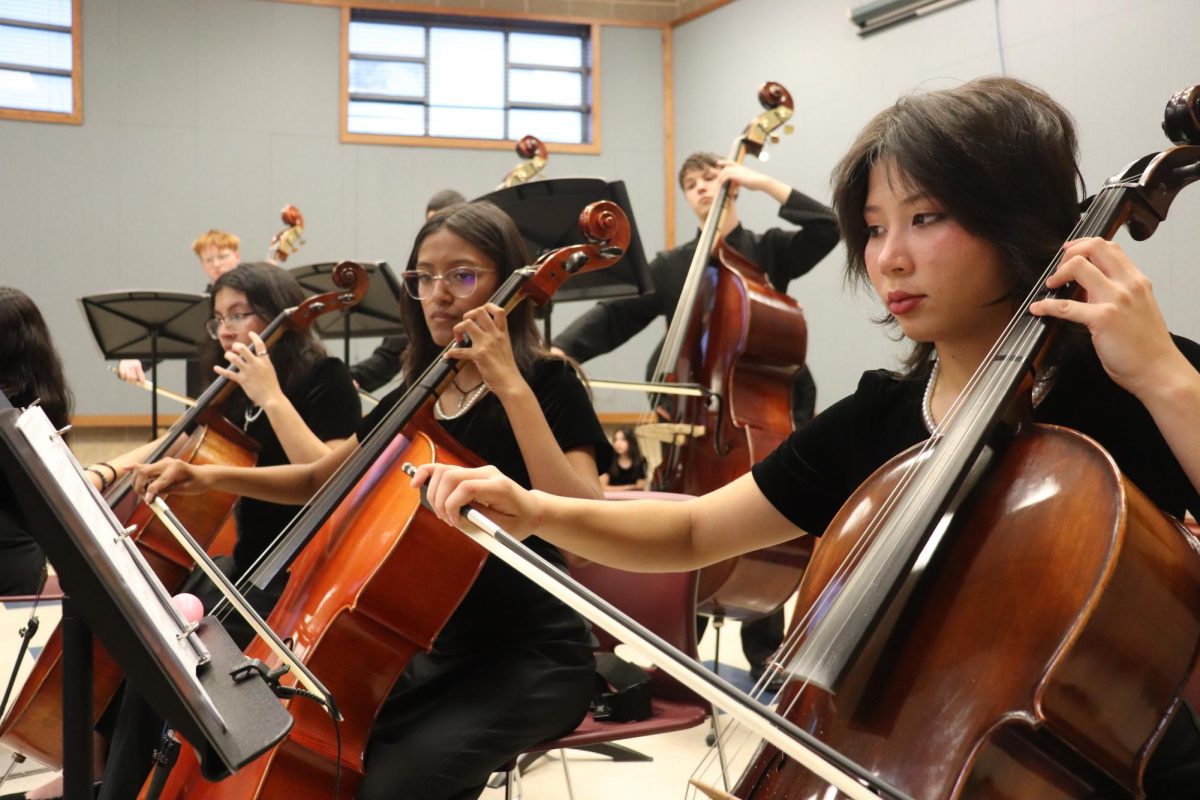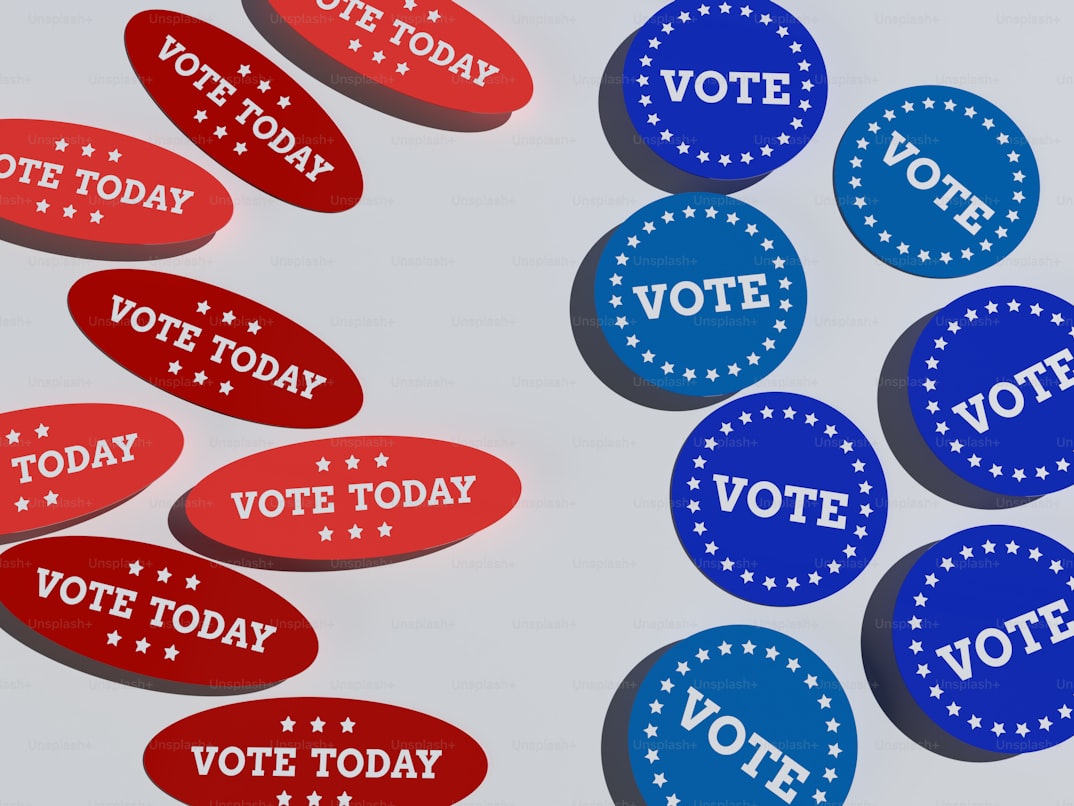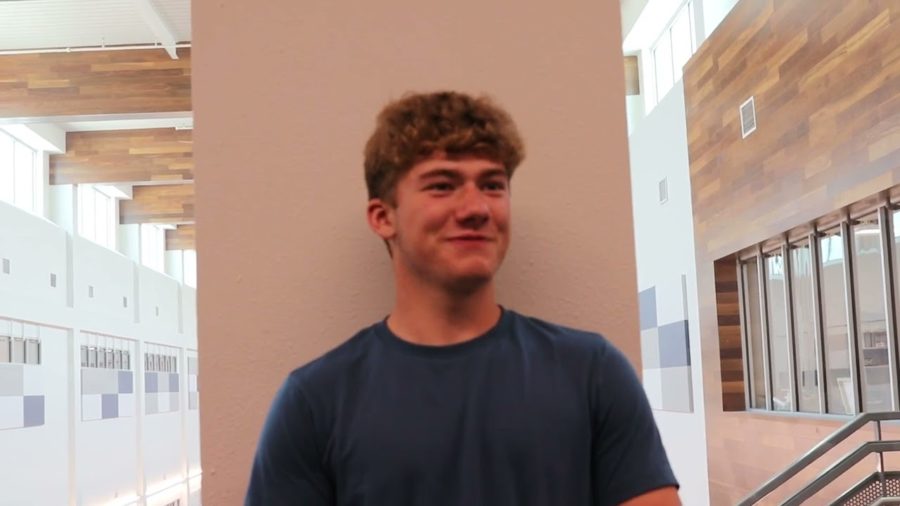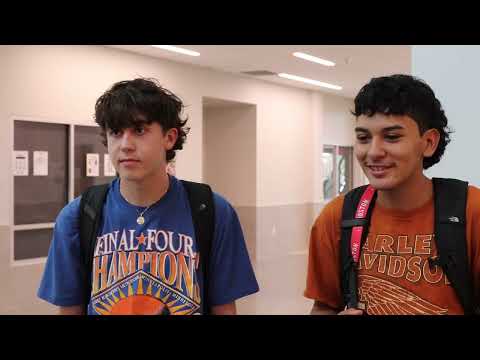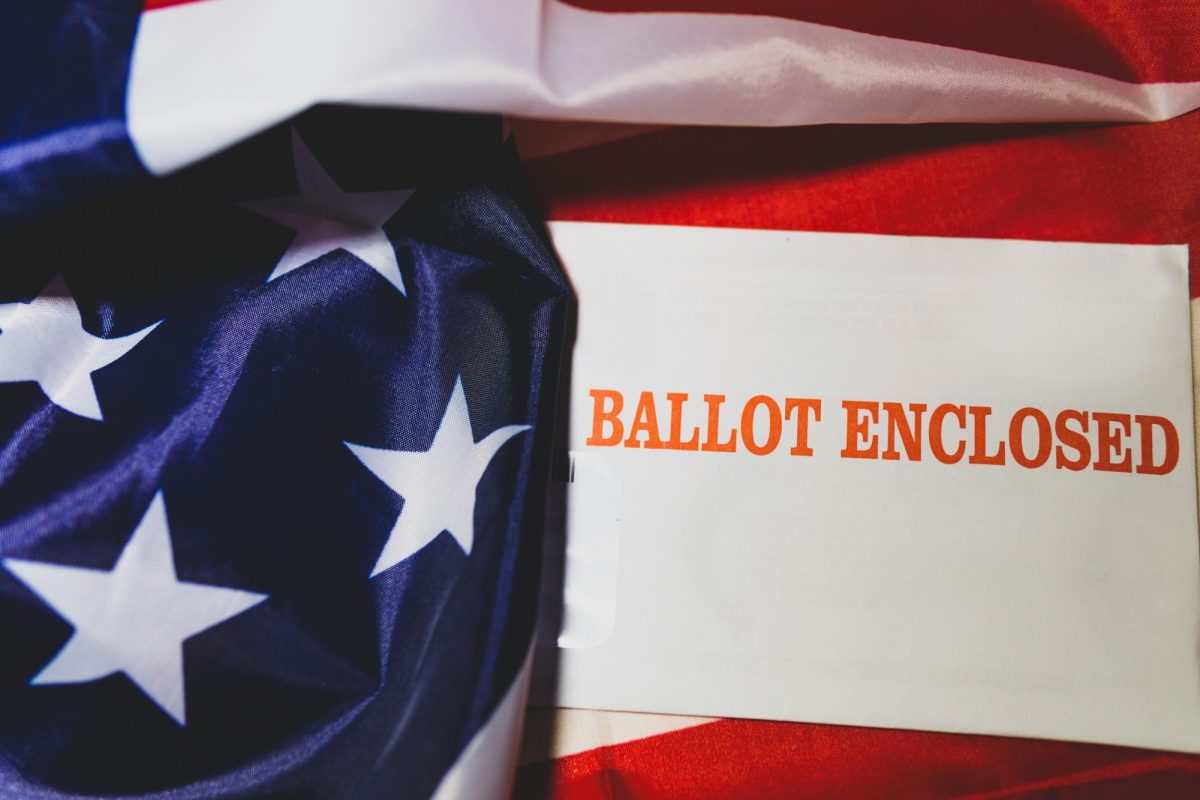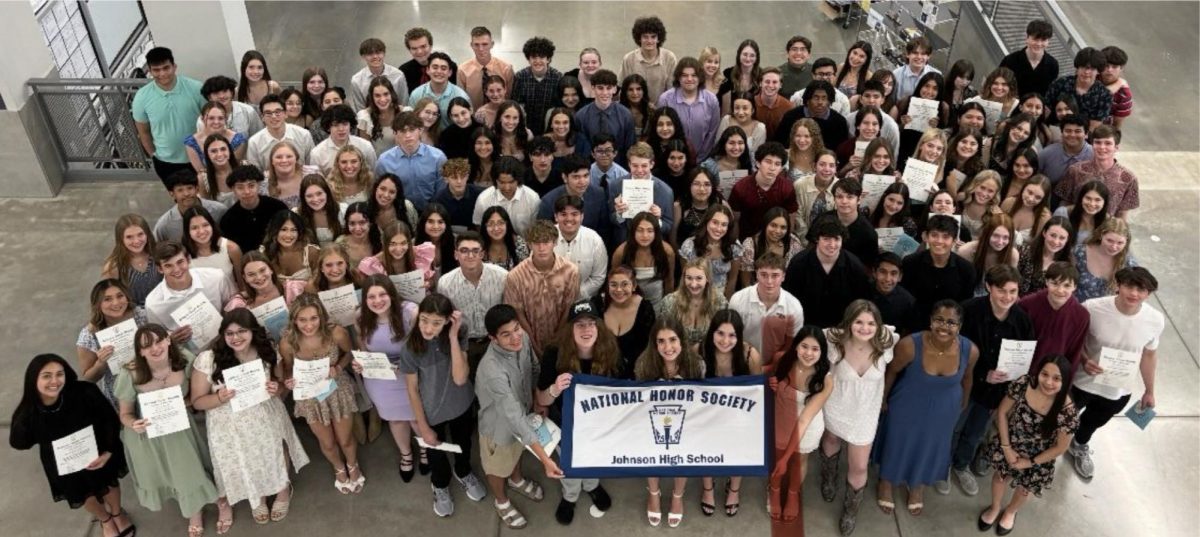A Jag Journal article headlined “Teacher Distributes Alcohol To Students” was removed by Hays CISD officials on March 19. District officials later wrote and published a retraction statement under no author name on the original article’s link.
“After further review, this article didn’t meet the basic standards of journalism we expect for ourselves as a publication,” the retraction statement [district officials] said. “The great freedoms afforded news organizations and journalists come with equally important responsibilities.”
The district sent the school publication a retraction statement, without the opportunity to publish or write their own statement.
Despite the freedoms provided to certain states in the nation, Texas is one of several states that has not updated the bill highlighted in the Hazelwood v. Kuhlmeier case of 1988. The case sets a precedent stating school administration is capable of rejecting and pulling a student’s school publication due to ‘legitimate pedagogical concerns’.
This law has been fought nationwide for oppressing student journalist’s rights, removing first amendment rights, and denying freedom of speech, but Hays CISD continues to use this law as a guideline.
In a meeting with journalism adviser Britney Crowe, JHS administration apparently justified their removal of the article because it involved and quoted minors, the publication is funded by the school annually, and the incident is still undergoing investigation.
However, student journalists are capable of publishing material about potentially sensitive or investigated matters by reporting from an objective angle and do not work as the PR team for their school district. A student publication represents the perspective of the student body, so although the district is incapable of commenting on these matters, student journalists are able to.
“It is our responsibility to let the students have a voice on topics that are happening on our campus and that involve our student body,” Crowe said. “We need to allow that voice to be heard by conducting accurate interviews, writing accurate articles and leaving out our opinions unless it’s an editorial.”
There are seven reasons Hays CISD is allowed to refuse to sponsor student speech, as listed in the policy code FMA.
- It would substantially interfere with the work of the school.
- Impinges on the rights of other students.
- Is vulgar or profane.
- Might reasonably be perceived to advocate drug or alcohol use, irresponsible sex, or conduct otherwise inconsistent with the shared values of a civilized social order.
- Is inappropriate for the level of maturity of the readers.
- Does not meet the standards of the educators who supervise the production of the publication.
- Associates the school with any position other than neutrality on matters of political controversy.
The district will need to cite one of the above reasons for why the story was censored.
“I do not think the article about the teacher resignation imposed on any of those seven on that list, at all,” Crowe said. “And that’s why the article should still be published.”
The JHS student publication is working against this action by the district and any future attempts of censorship.
“There are no changes that are going to be done if you don’t do something about it,” Senior Chyenne Timmons said. “I feel like the more you bring it to [attention], the more people will notice it, and the more people will talk about it and raise questions about it.”

